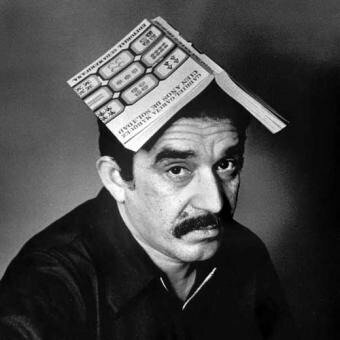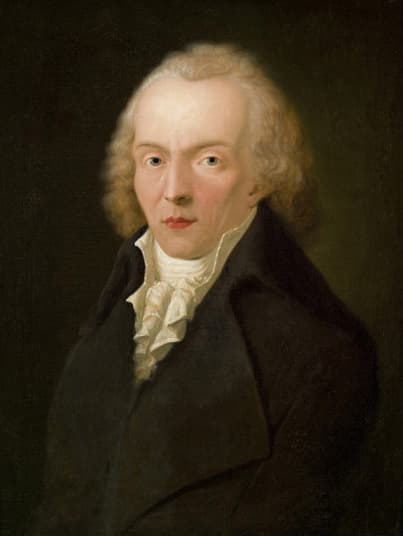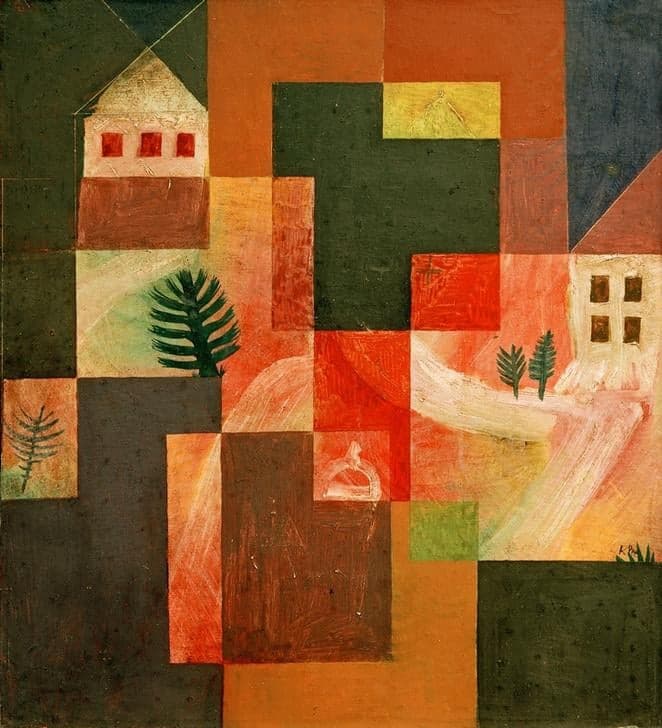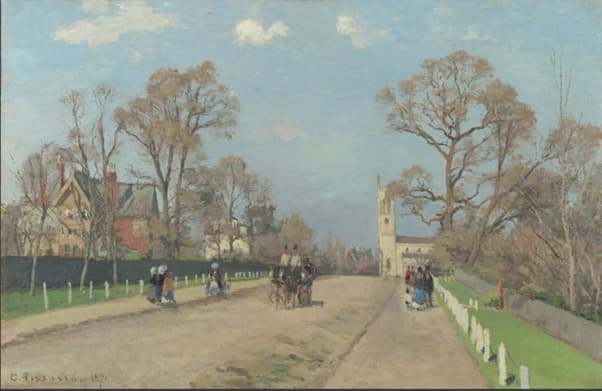
Gabriel García Márquez
Credit: http://magazine.bsbtheatre.com/
His 1975 novel El otoño del patriarca (Autumn of the Patriarch), about the fall of the Venezuelan dictator Marcos Pérez Jiménez, inspired a 2004 opera, Der Herbst des Patriarchen, by Italian composer Giorgio Battistelli to a libretto by Gotthart Kuppel.
Un señor muy viejo con unas alas enormes (A Very Old Man with Enormous Wings), a short story written very early in his career, has been made into both a ballet and an opera. Hans-Christian von Dadelsen and Babette Koblenz wrote the ballet Ikarus in 1989, setting it for a small electro-acoustic ensemble. In 2006, the same story was the basis for a short two-act opera by 22-year-old American composer Dylan Schneider.
A Very Old Man with Enormous Wings (2006)
A Very Old Man… was Schneider’s first opera and earned him the Edward Sandquist Prize in Music, given for excellence in composition. The composer notes this opera marked a very important creative turning point in his career.
Márquez’ 1994 novel Del amor y otros demonios (Of Love and Other Demons), was made into a two-act opera in 2008 by Hungarian composer Péter Eötvös to a libretto by the Hungarian author Kornél Hamvai.
Eötvös: Love and Other Demons
The work was a joint commission by the Glyndebourne Festival and the BBC; the staging was a co-production with the Lithuanian National Opera and Ballet Theatre. An unusual element in this opera is the role played by language: The different levels of narration and action in the story are sung in different tongues. English is the daily language of the noblemen, Latin is the church language, Spanish is the language of the doomed lovers, and the West African dialect Yoruba is the secret language of the slaves.
Also in 2008, composer Christopher J. Levin used part of the Of Love and Other Demons story for his orchestral work Of Love and Death in Forgotten Shadows.
Márquez’ novella Eréndira was used by Romanian composer Violeta Dinescu for one of her early operas.
A 1968 short story, El Ahogado más Hermoso del Mundo (The Handsomest Drowned Man in the World) inspired Cuban musician Juan Piñera to write a work for clarinet and piano in 2001.
A collection of 12 related short stories from the 1970s and 1980s, Doce cuentos peregrines (Strange Pilgrims), inspired Argentine guitarist Máximo Diego Pujol to write his own 12-part guitar work, Historias sin palabras (Stories without Words). The last story, about two newlyweds who come to grief on their honeymoon, was the basis for “Muerte en primavera.”
Pujol: Historia sin palabras: Part 12:
Muerte en primavera
Other works were written in honor of Márquez: Helge Jung’s Orchestermusik II: Homenaje a Gabriel García Márquez, op. 47, and Daniel Catán and Marcella Fuentes-Bertain’s 1997 opera Florencia en el Amazonas
Catán: Florencia en el Amazonas, Act 1
It’s remarkable to see how wide Márquez’ influence spread: our composers come from America and Romania, Germany and Italy, Cuba and Argentina, and is a strong testimony to the influence one author can have.



